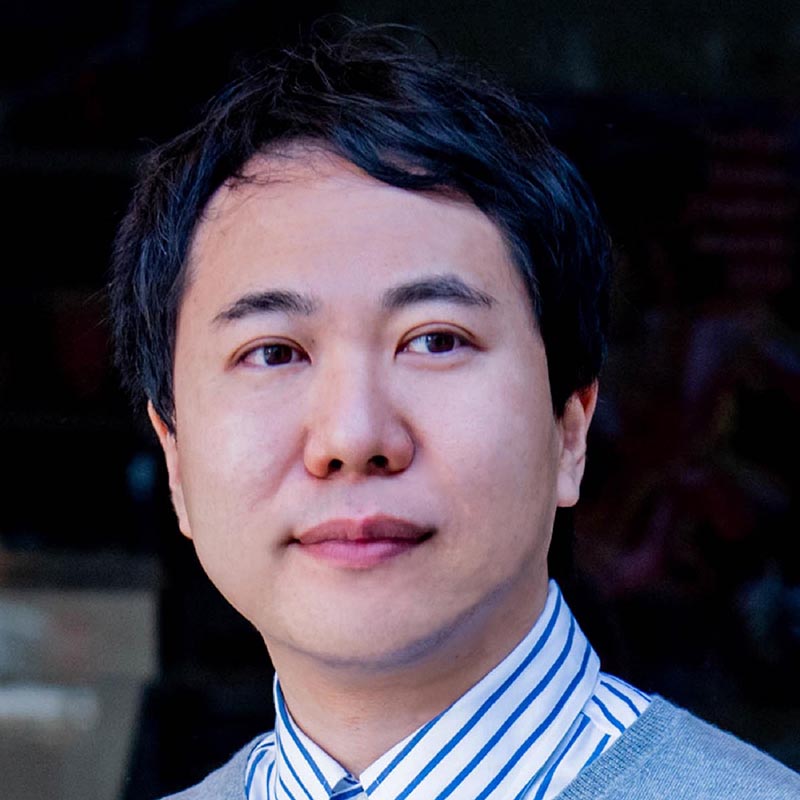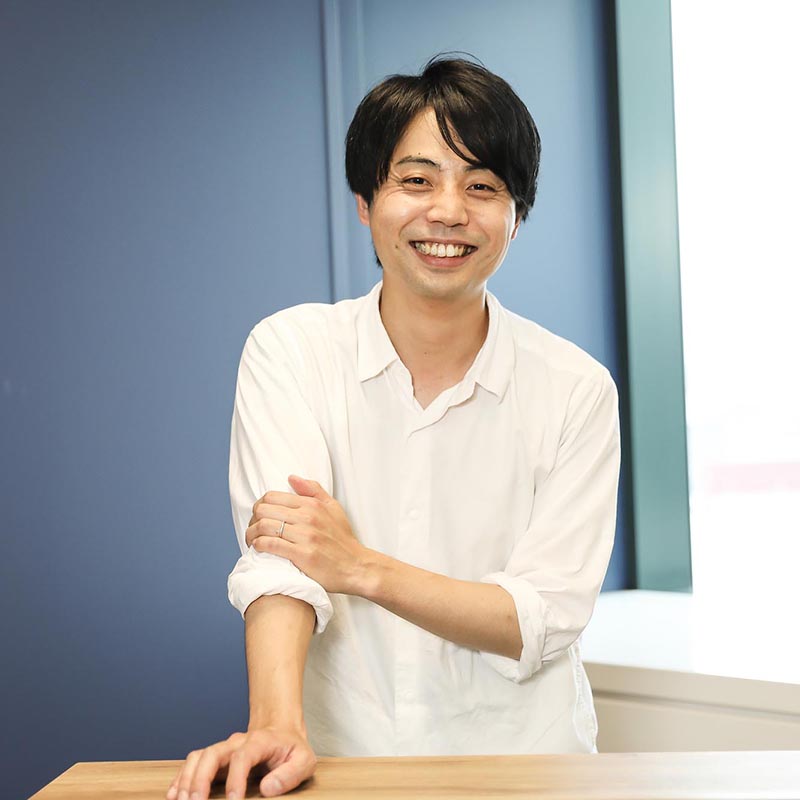Keynote
Keiko Ino

Section Chief
National Center of Neurology and Psychiatry
Title:
The Impact of Virtual Reality in Psychiatric Treatment: Is VR the Dawn of a New Era in Mental Health?
Abstract:
In recent years, the use of virtual reality (VR) in the treatment of mental disorders has been researched internationally. Cognitive Behavioral Therapy, a treatment for mental disorders, makes use of methods including role-playing anxiety-triggering situations for patients with social phobia, and for those with PTSD, revisiting traumatic memories through visualization and discussion. Efforts are underway to combine these approaches with VR to create more impactful treatments. However, using VR for medical purposes presents various difficulties, and it has not become widespread clinically . This keynote will introduce these efforts and researches, discussing how VR may revolutionize psychiatric treatment and the difficulties it faces.
Biography:
Since 2021, Keiko Ino has served as the Section Chief at the National Center of Neurology and Psychiatry's Institute of Mental Health, conducting research on treatments for Post-Traumatic Stress Disorder (PTSD). She specializes in Cognitive Behavioral Therapy, particularly in Prolonged Exposure Therapy for PTSD, and holds a consultancy certification in this treatment method.
Takuji Narumi

Associate Professor
Graduate School of Information Science and Technology, The University of Tokyo
Title:
Narrative Turn in Human Augmentation with Avatars: Connecting Minimal Self Transformations to Narrative Self Development
Abstract:
The experience of embodying avatars with distinct characteristics from one's actual body in virtual reality has been shown to transform self-perception, affecting sensory experiences, behaviors, thinking and capabilities. The speaker has been conducting research on technologies that help individuals achieve their desired cognitive states and abilities by actively utilizing these transformative effects. Through this research, it has become evident that for such technologies to be accepted by users and society, it is crucial not only to develop technologies that augment human capabilities through instantaneous self-transformation but also to create systems that provide meaningful narratives, contextualizing these augmented selves within users' lives. This keynote will emphasize the importance of considering ''narrative self,'' which involves personal identity and continuity across time, in discussions of human augmentation. It will present case studies that explore the relationship between avatar-based self-transformation and narrative self-development, and discuss future directions for research in virtual reality and tele-existence.
Biography:
Prof. Dr. Takuji Narumi is an associate professor at the Graduate School of Information Science and Technology, the University of Tokyo. His research interests lie at the intersection of technology and human science, focusing on extending human senses, cognition, capabilities and communication by combining virtual and augmented reality technologies with insights from psychology and cognitive science. He has received numerous awards, including the Young Researcher Award from the Minister of Education, Culture, Sports, Science and Technology, the IPSJ/IEEE Computer Society Young Computer Researcher Award, the SIGCHI Japan Chapter Distinguished Young Researcher Award, and the Excellence Award of the Japan Media Arts Festival.
Tatsuya Honda

Ontenna Project Leader
FUJITSU LIMITED Converging Technologies Laboratory
Title:
Ontenna: Socialization of Co-Design with the Deaf and Hard of Hearing
Abstract:
Ontenna is a wearable device that converts sound intensity into real-time vibrations and light, transmitting features like rhythm and volume. It has been adopted by over 80% of schools for the deaf in Japan, where it is used for rhythm and speech training. In addition to the story of how this product was developed from university research to commercialization, we are also introducing a new co-creation project called ''Ekimatope,'' which uses AI to translate ambient station sounds into text, sign language, and onomatopoeia.
Biography:
Tatsuya Honda is a UI designer and project leader of Ontenna. At university he volunteered as a sign language interpreter and established a sign language club and NPO. From his graduation research he started working with deaf people on Ontenna, a device to perceive new sounds, based on the theme of extending the human body and senses. Ontenna has since been commercialized and is now used in 80% of the schools for the deaf in Japan. Tatsuya hopes to use design and technology to create more smiles in society. His awards include the MIT Innovators Under 35 Japan and Forbes 30 Under 30 Asia.